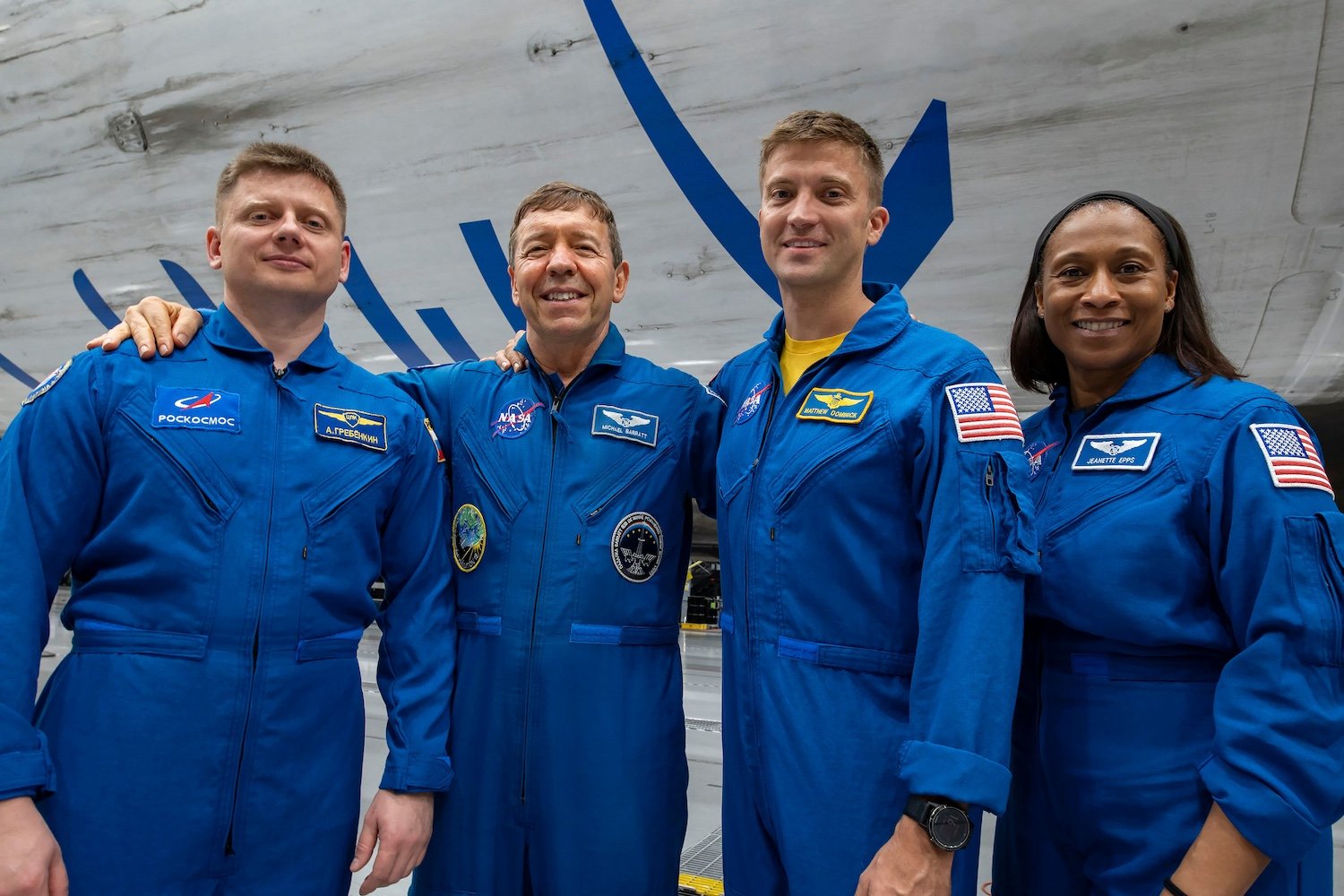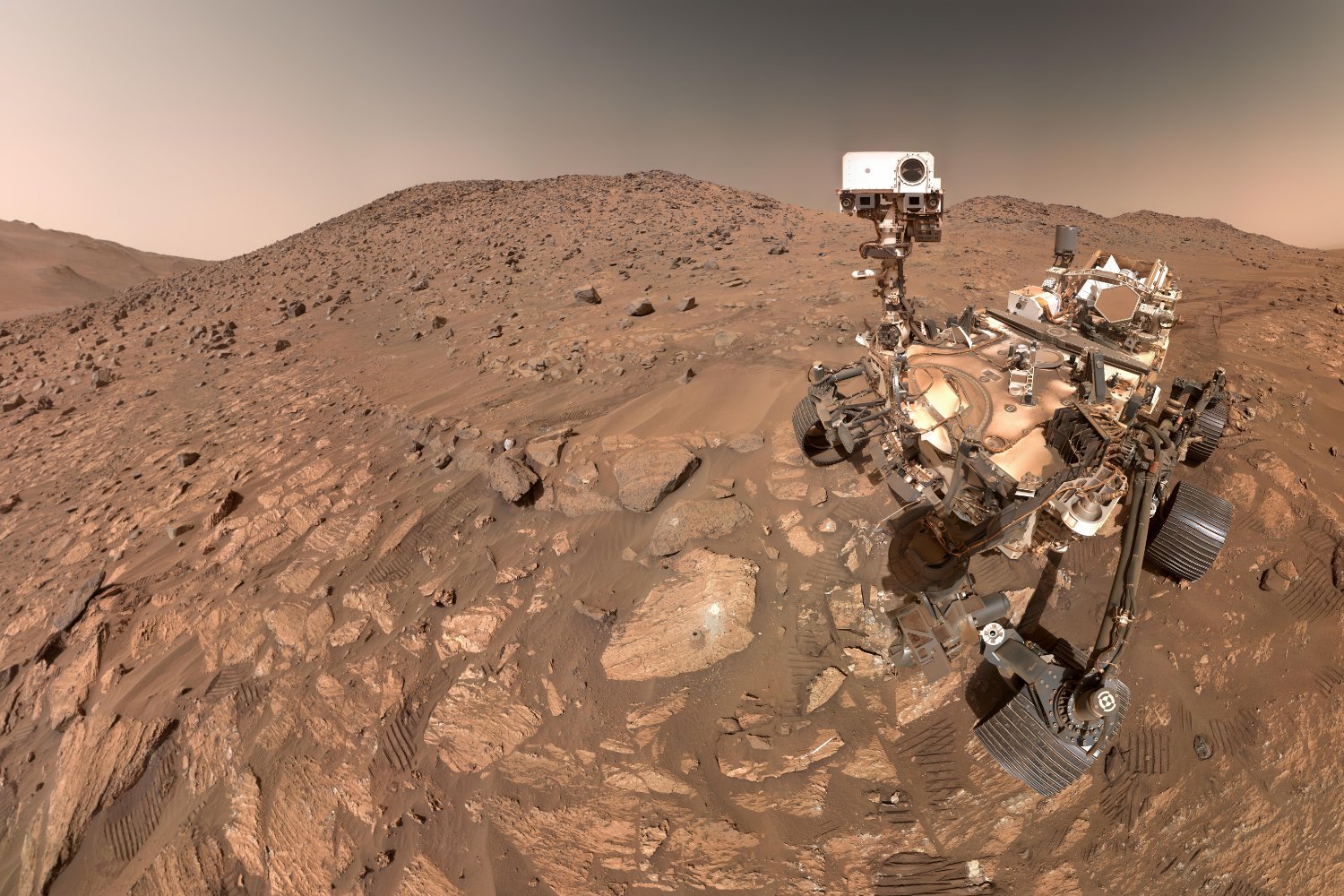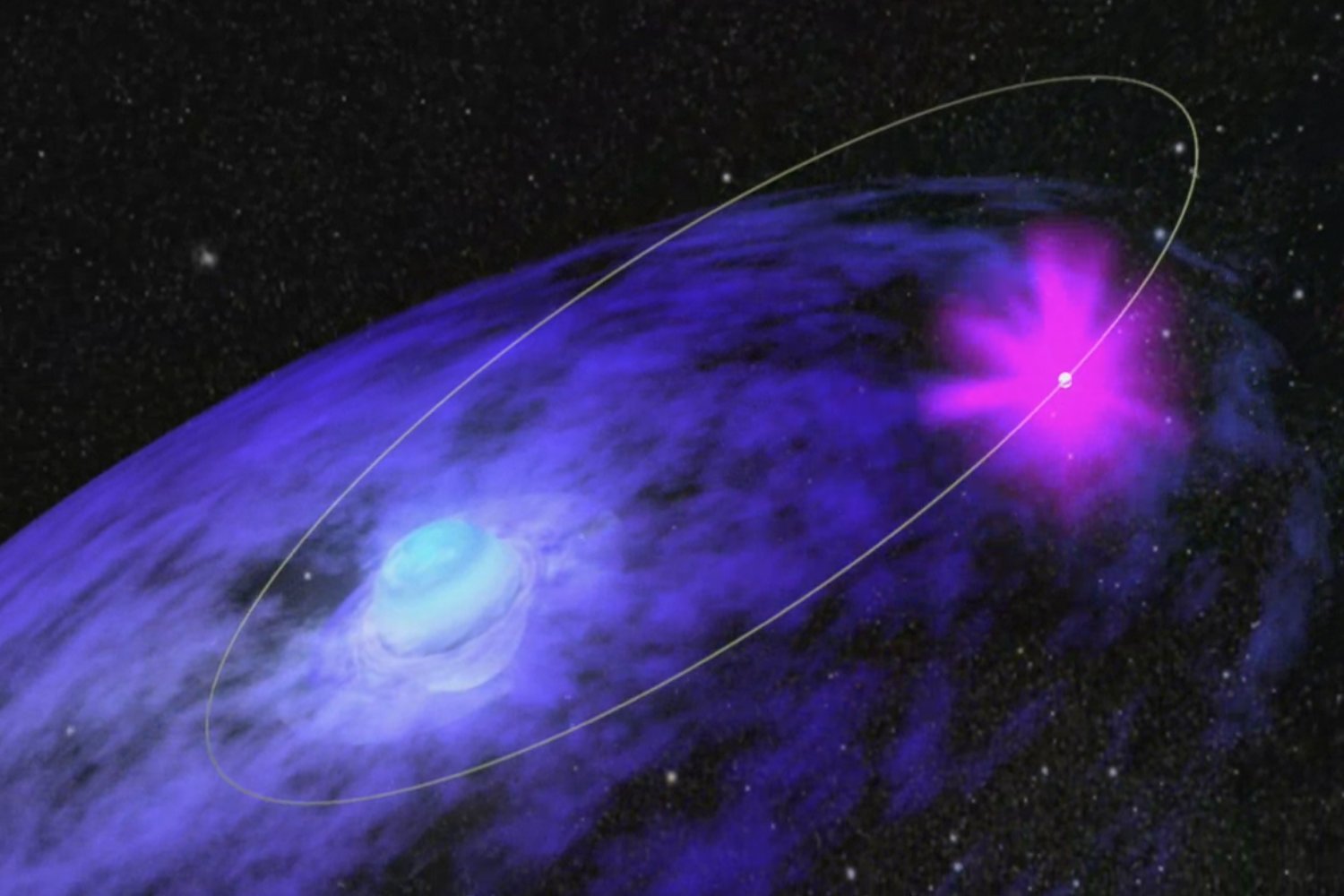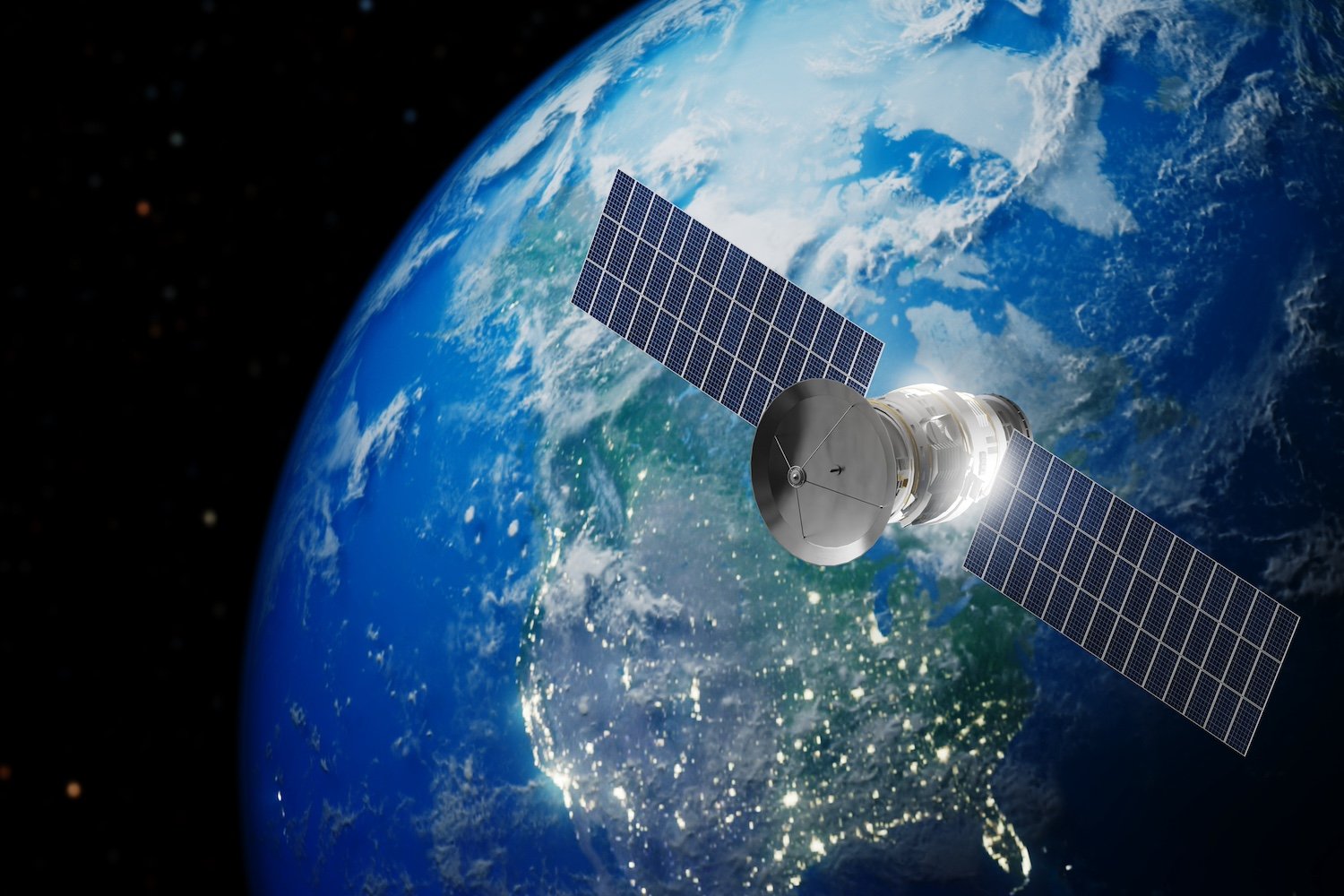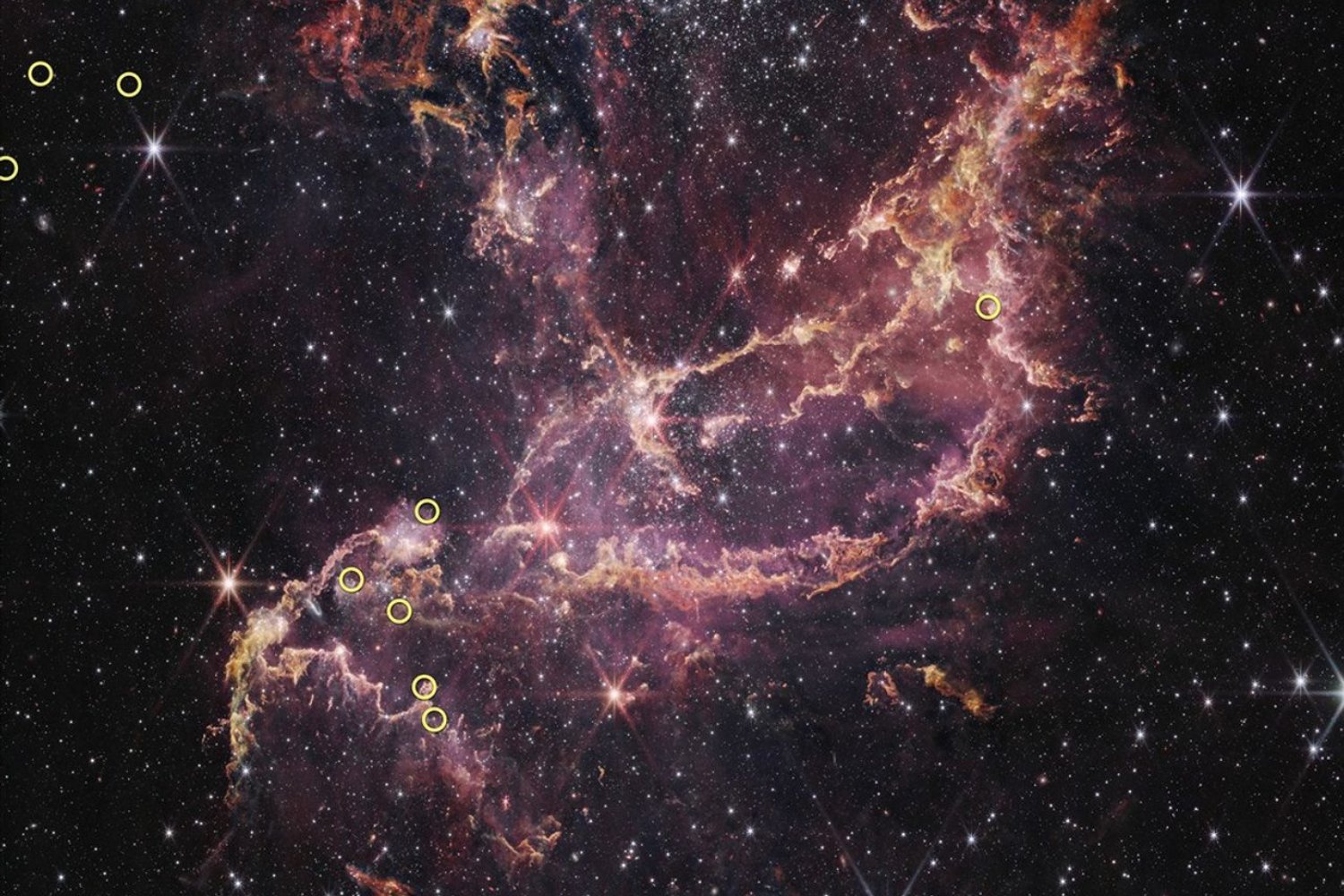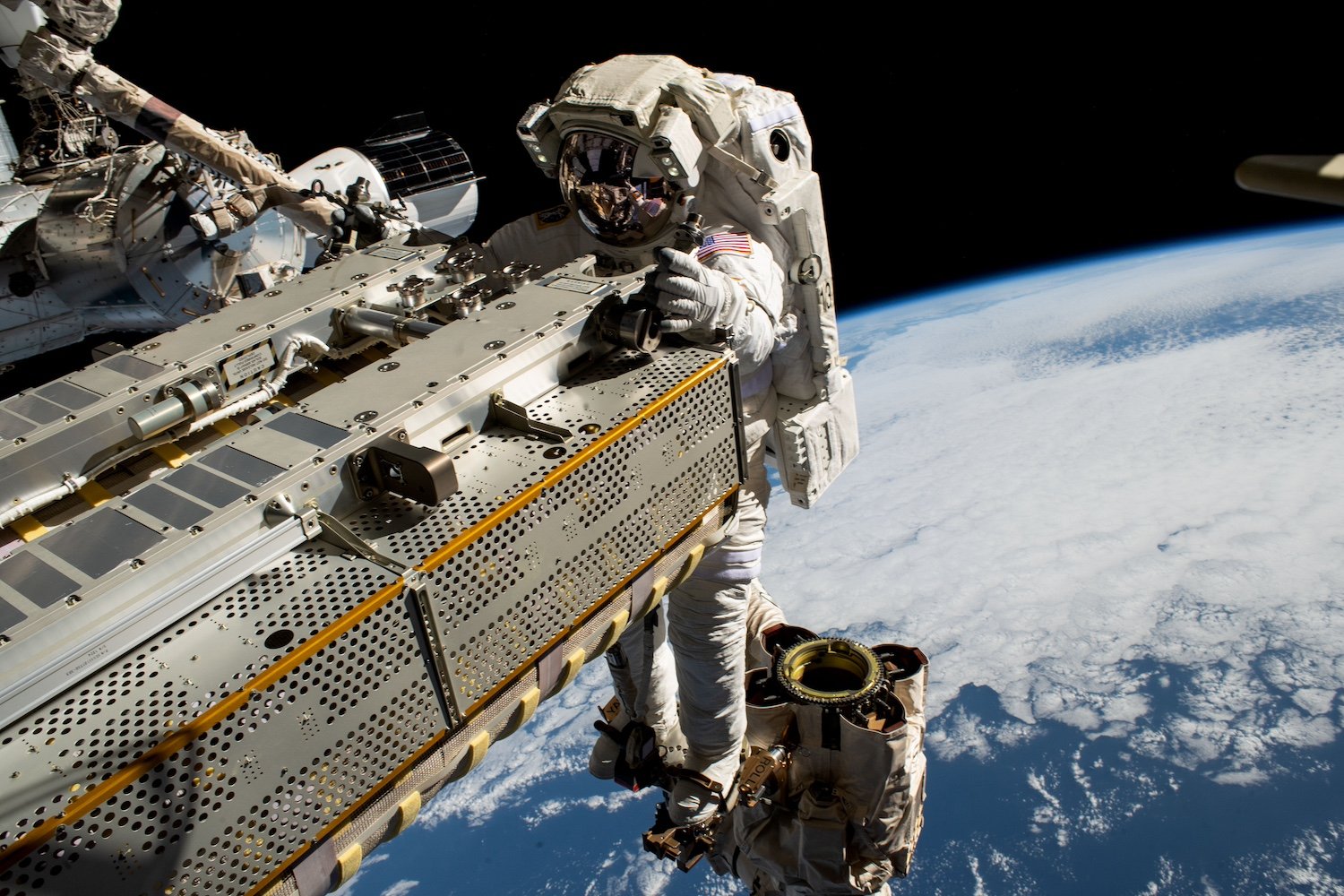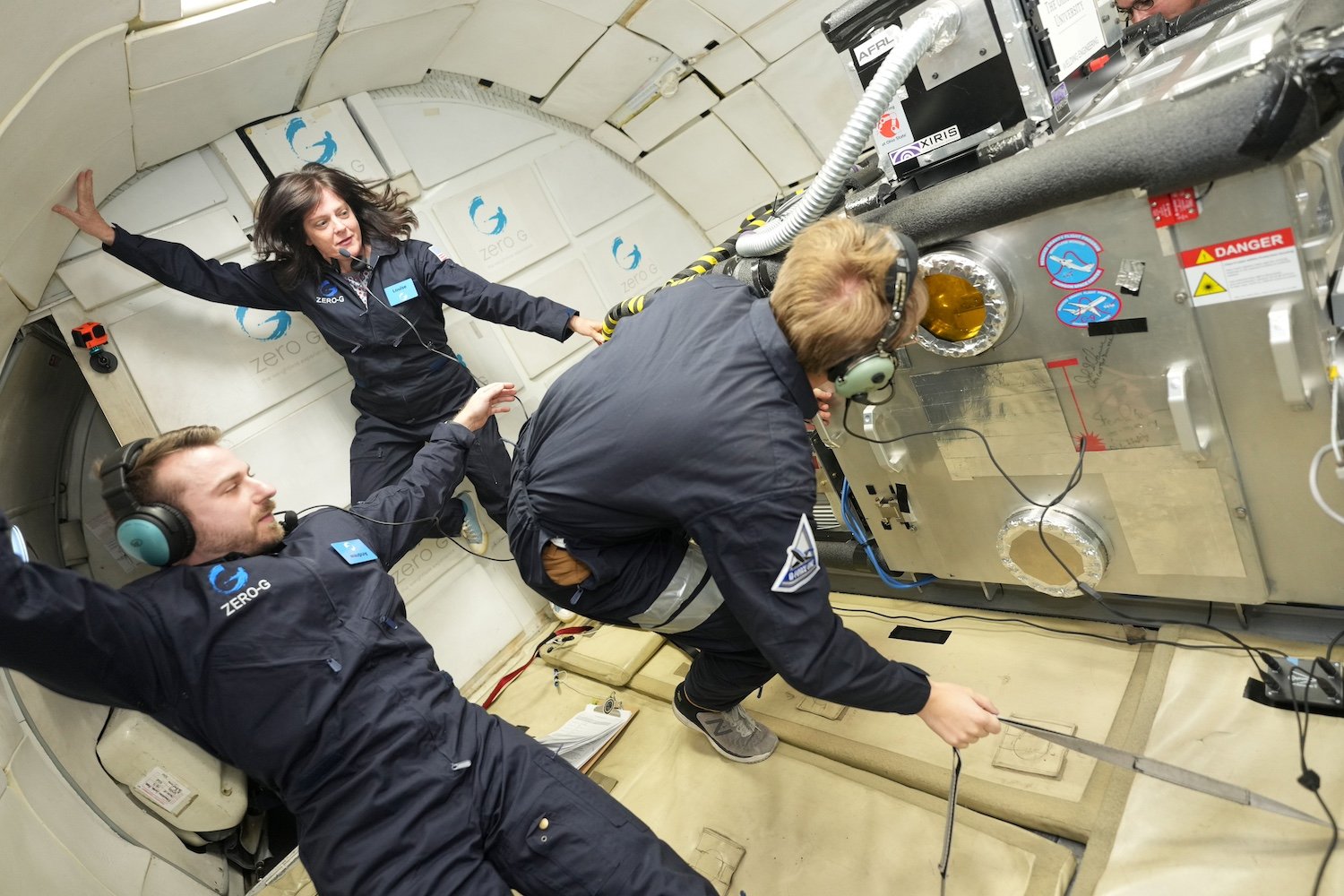The return of NASA’s SpaceX Crew-8 mission from the International Space Station (ISS) took an unexpected turn when all four astronauts required hospitalization, one even overnight. While a press conference was held to address the situation, NASA remained remarkably guarded about the specifics of the medical issue.
The Crew-8 astronauts, including NASA’s Michael Barratt, Matthew Dominick, Jeanette Epps, and Roscosmos cosmonaut Alexander Grebenkin, splashed down off the Florida coast on October 25th, concluding a 232-day mission aboard the ISS. Despite a seemingly normal entry and splashdown, NASA took the precaution of transporting the entire crew to a Florida hospital for medical evaluations.
During the press conference, astronaut and physician Michael Barratt acknowledged the unexpected nature of the medical issue, stating, “Space flight is still something we don’t fully understand…This was one of those times, and we’re still piecing things together.” He emphasized the agency’s commitment to medical privacy and due process as the reason for withholding further details. Barratt steered the conversation toward the crew’s accomplishments during their 232 days in space, which included traveling almost 100 million miles and completing 3,760 Earth orbits.
While three astronauts were discharged promptly, one remained overnight for further observation. NASA has not disclosed the astronaut’s identity or the nature of the medical concern, citing privacy protocols. However, the agency confirmed the astronaut’s release the following day and reported their “good health.
Following the incident, Kent Rominger, a former astronaut and member of the Aerospace Safety Advisory Panel, publicly urged both NASA and SpaceX to prioritize crew safety during commercial ISS missions. Rominger’s statement hinted at potential safety concerns related to the Crew Dragon spacecraft or the splashdown procedure, although no specific issues were confirmed. This incident follows previous anomalies involving Dragon spacecraft parachutes, adding to the scrutiny surrounding SpaceX’s safety protocols.
The Crew-8 return was significantly delayed due to Hurricane Milton, pushing the undocking back from the initial October 7th target. Furthermore, the mission’s duration was extended from the standard six months to nearly eight to ensure the Dragon spacecraft remained docked to the ISS as a contingency for the Starliner crew in case of an emergency.
Human spaceflight continues to reveal new challenges, particularly concerning long-duration missions. Despite extensive research, the full impact of microgravity on the human body remains an area of ongoing investigation. As NASA and other space agencies plan for extended stays on the Moon and potential Mars missions, understanding and mitigating the physiological effects of space travel are crucial.
This experience underscores the evolving nature of space medicine and the unique challenges faced by astronauts. Even seemingly mundane aspects of space travel, like sitting in a hard chair, can present unforeseen discomforts, as noted by first-time ISS astronaut Matthew Dominick.
The incident with Crew-8 highlights the complex interplay of human physiology, technological advancements, and the inherent risks of space exploration. As we venture further into the cosmos, continued research and rigorous safety protocols will be essential to safeguarding the health and well-being of astronauts.



